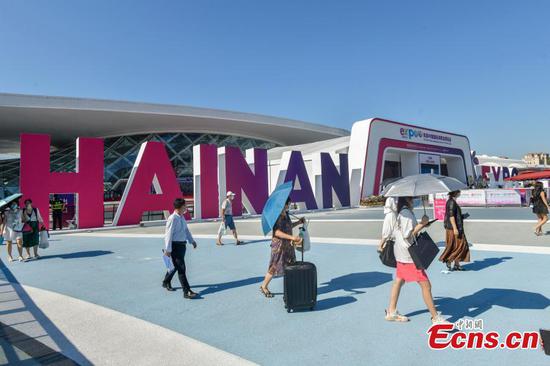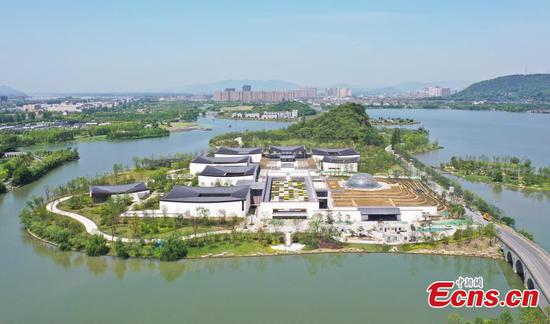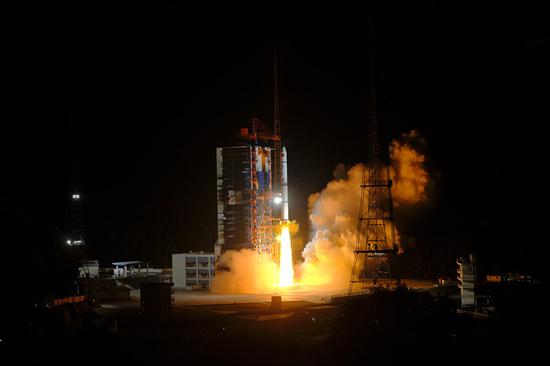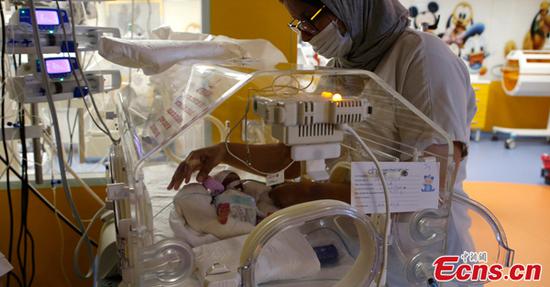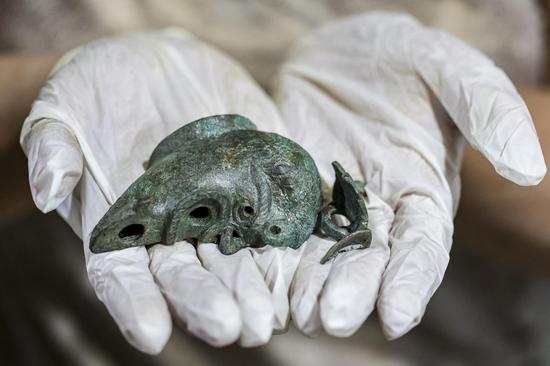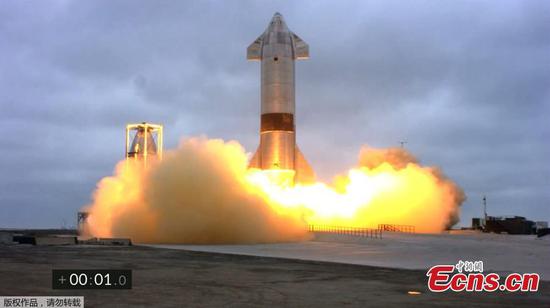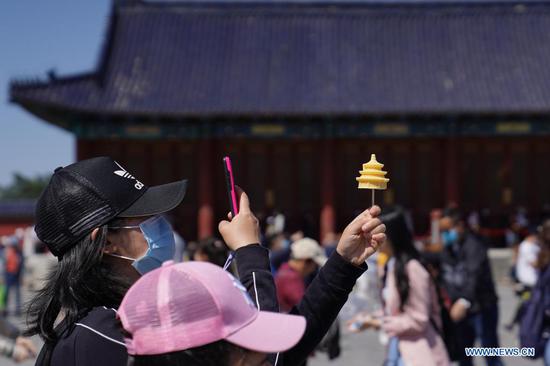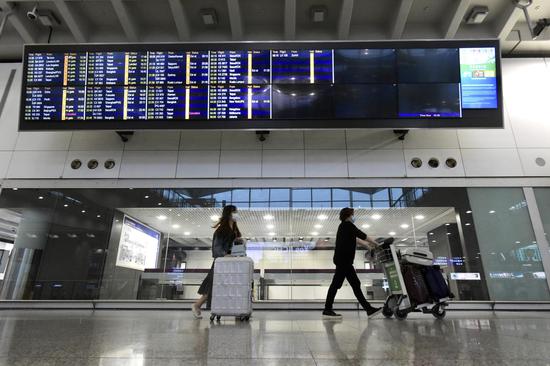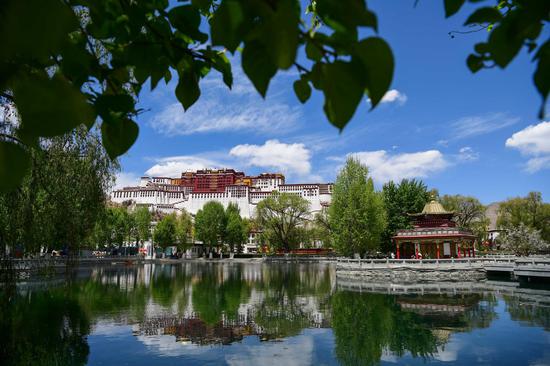The Hong Kong Special Administrative Region government is planning to sign an agreement with the city of Shenzhen and South China’s Guangdong Province that will allow civil servants in Hong Kong to take temporary positions in mainland administrative institutions, HKSAR Chief Executive Carrie Lam said Monday night.
Hong Kong Secretary for the Civil Service Patrick Nip earlier mentioned in a Legislative Council session the proposal on working with mainland authorities to enhance training for Hong Kong civil servants, including sending them to observe and study mainland authorities, according to media reports.
Also, in the future, the HKSAR government is expected to introduce a training curriculum over a three-year trial period for Hong Kong civil servants, who will need to complete the curriculum before getting long-term employment.
Lam told China Central Television that the HKSAR government has always had this plan of exchange, and will currently put its focus on the Greater Bay Area, referring to the Guangdong-Hong Kong-Macao region. The government will soon sign agreements with Guangdong’s Shenzhen, which neighbors Hong Kong. Guangdong Province will allow civil servants from its cities to “switch positions” to better understand the situation in the mainland and Hong Kong.
Under the “one country, two systems” structure, public servants in Hong Kong had been following administrative routines left over from the colonial era, and lacked understanding and abilities in confronting complex political situations and sometimes had a misunderstanding about “one country, two systems,” Tian Feilong, an associate professor at Beihang University in Beijing, told the Global Times.
“Starting from the Greater Bay Area will also help Hong Kong better integrate into the overall regional development plan, making Hong Kong officials qualified ‘Bay Area officials,’” he said.
Nip also mentioned earlier that all public servants in Hong Kong are expected to take training classes on mainland affairs in the future, and will have opportunities to have exchanges in taking positions in mainland administrative institutions and departments, which some mainland experts hailed as a “very necessary move.”
To date, a total of 170,000 public servants in Hong Kong have signed their allegiance to uphold the Basic Law and swear loyalty to the HKSAR of China, while 129 people have yet to sign.
According to the Basic Law Article 99, all public servants in the HKSAR government have to support the HKSAR government and swear loyalty to it.
As the local legislative body in Hong Kong introduces the bill as a milestone step in finalizing the overhaul, Hong Kong will also soon implement a well-designed, detailed electoral system in order to meet the goal of only "patriots governing Hong Kong." Lam also revealed in the interview that the LegCo will review and pass relevant laws on May 26, which remains the most urgent task for Hong Kong.









